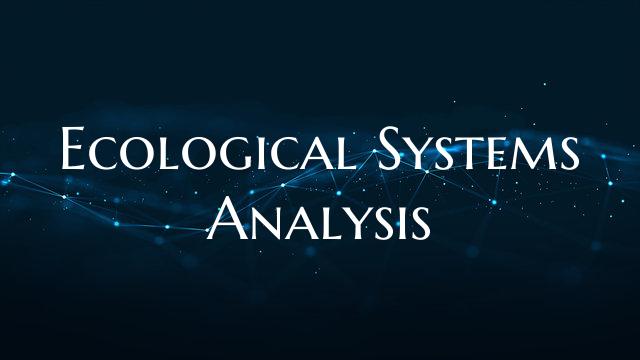Ecological Systems Analysis
Ecological Systems Analysis: Understanding the Interconnected Web of Life
Ecological systems analysis is an essential tool used by scientists and researchers to study the complex interactions between living organisms and their environments. By examining the relationships and dependencies within ecosystems, we can gain a deeper understanding of how various components interact and influence each other.
At the heart of ecological systems analysis is the concept of interconnectedness. Ecosystems are made up of a dynamic network of living organisms, such as plants, animals, and microorganisms, as well as non-living elements like air, water, and soil. These components are all interconnected and work together to maintain the delicate balance of the ecosystem.
One of the key aspects of ecological systems analysis is the study of energy flow and nutrient cycling within ecosystems. Through this analysis, scientists can determine how energy is transferred through different trophic levels, from producers to consumers to decomposers. Understanding these processes is crucial for predicting how changes in one part of the ecosystem can have far-reaching effects on the entire system.
Another important focus of ecological systems analysis is the study of feedback loops and resilience within ecosystems. By examining how ecosystems respond to disturbances, such as natural disasters or human activities, researchers can identify the factors that contribute to ecosystem stability and resilience. This knowledge is vital for developing effective conservation and management strategies to protect and preserve ecosystems.
In conclusion, ecological systems analysis provides a powerful framework for understanding the interconnected web of life that sustains our planet. By studying the relationships and interactions within ecosystems, we can gain valuable insights into how to protect and maintain the health of our natural world for future generations.

